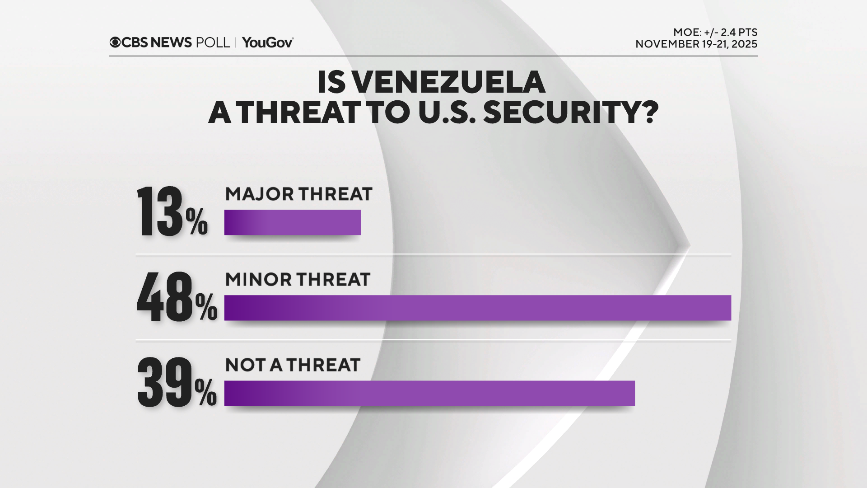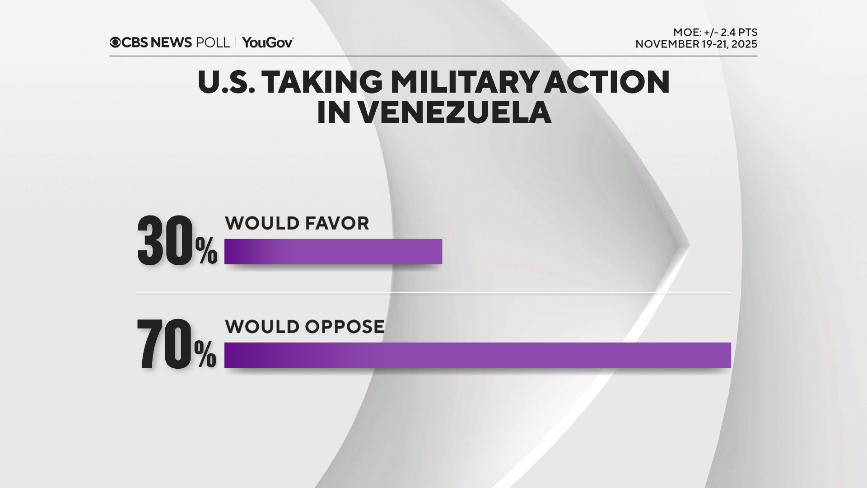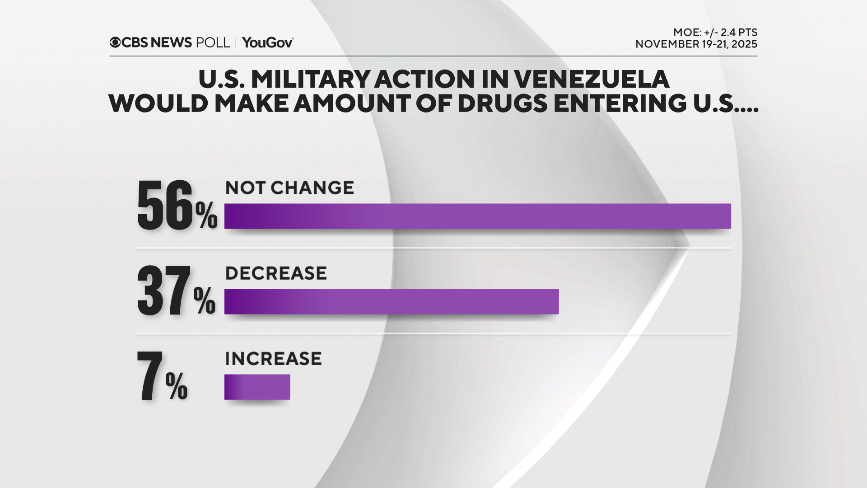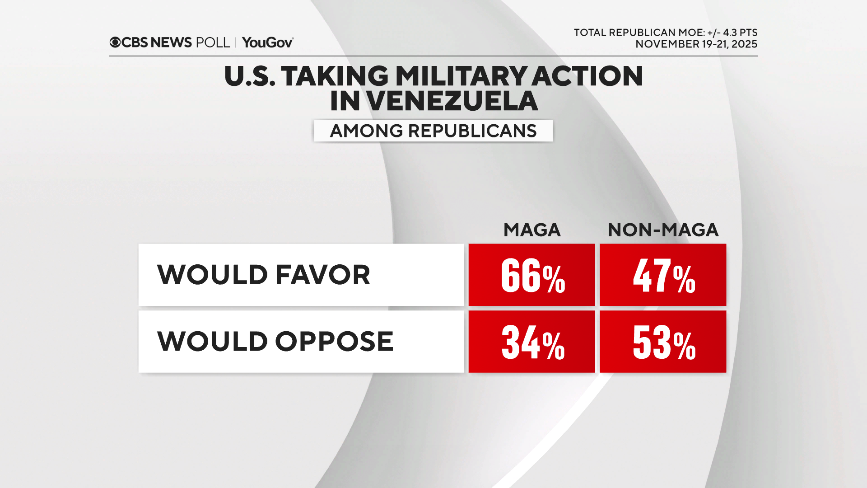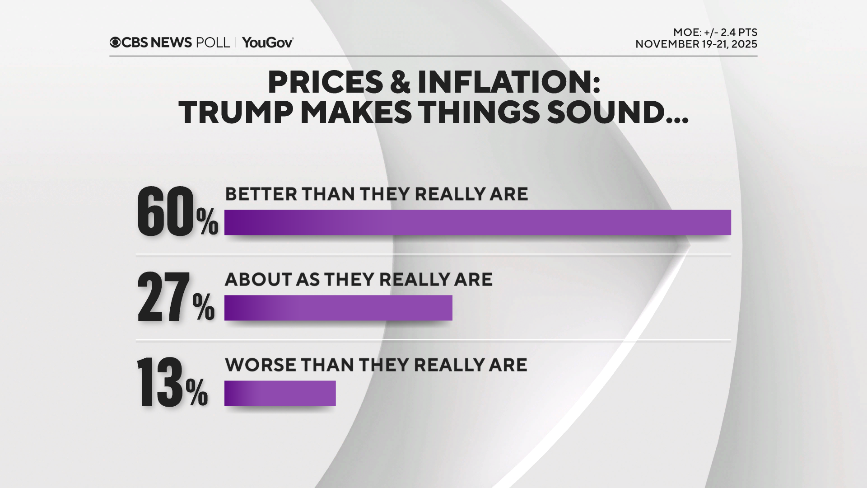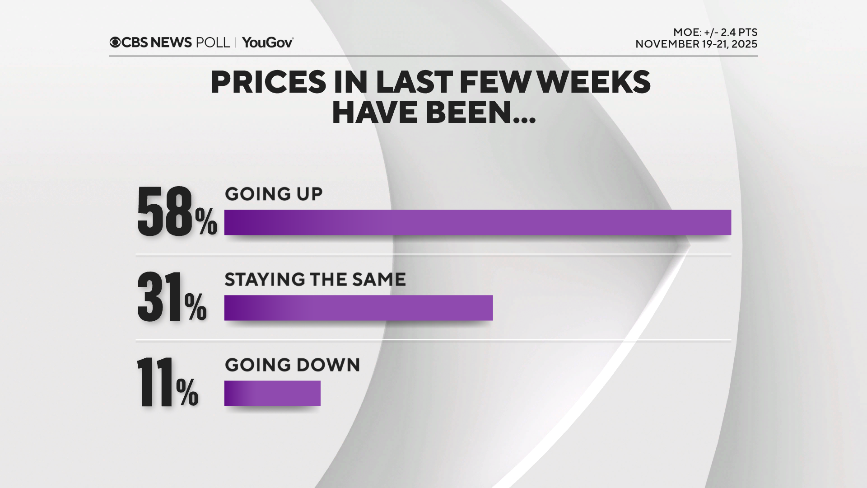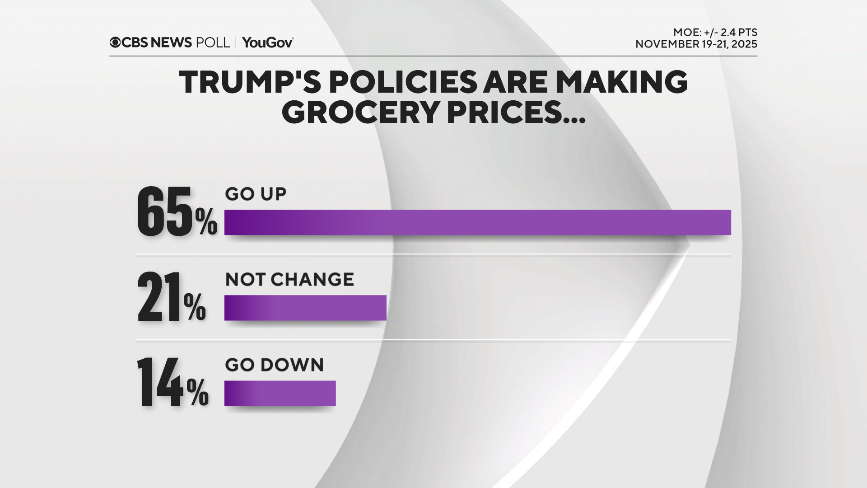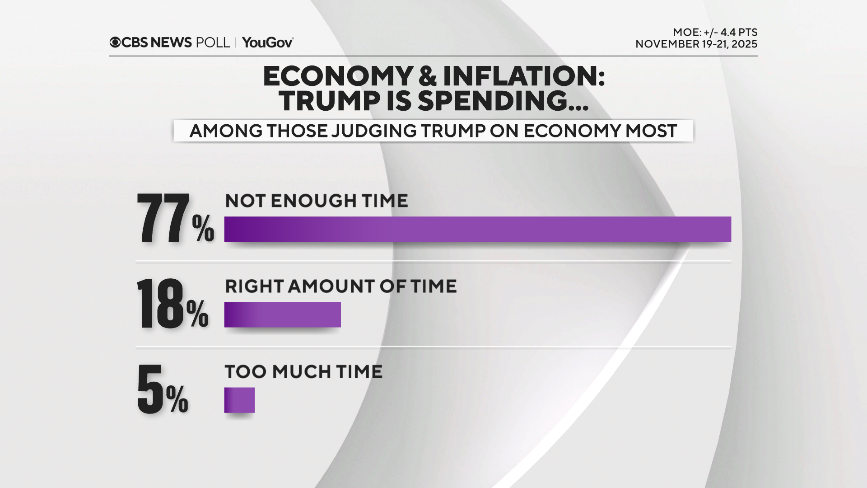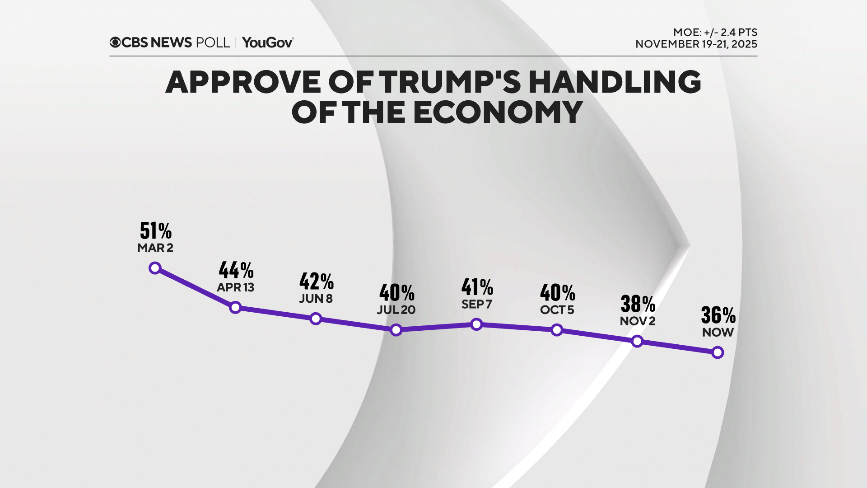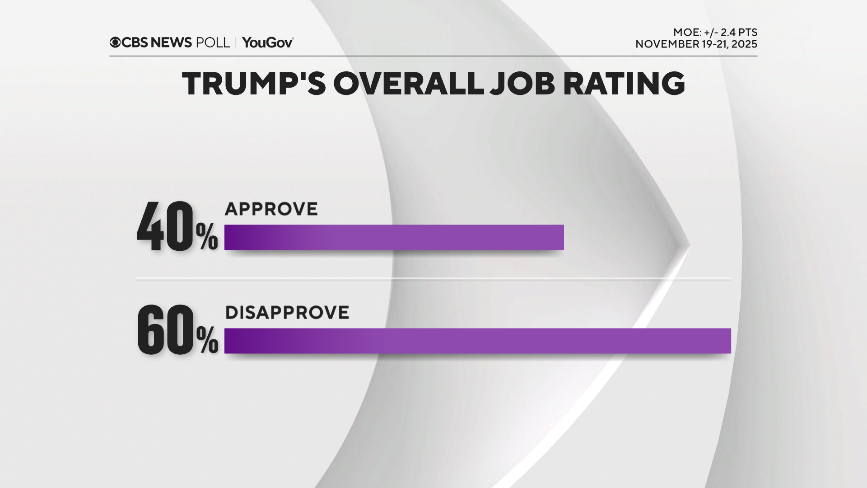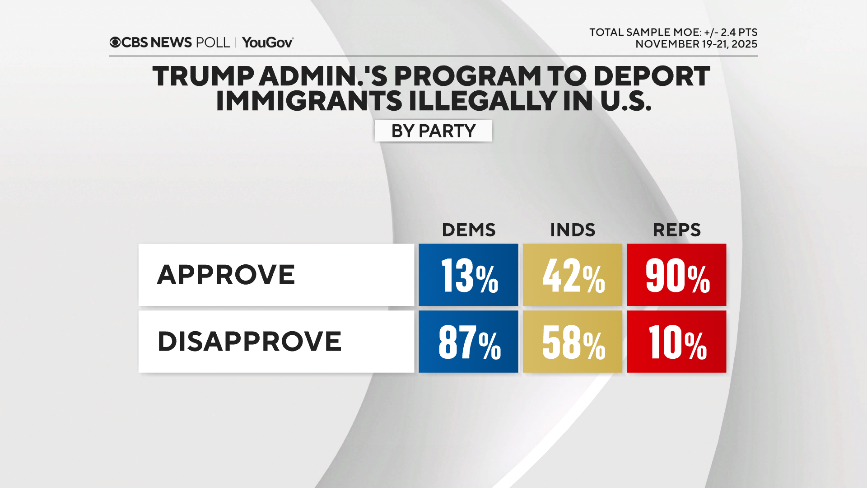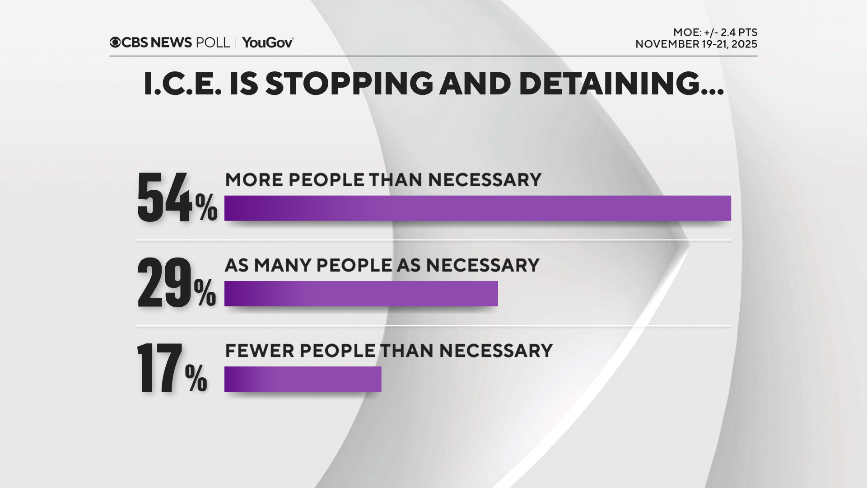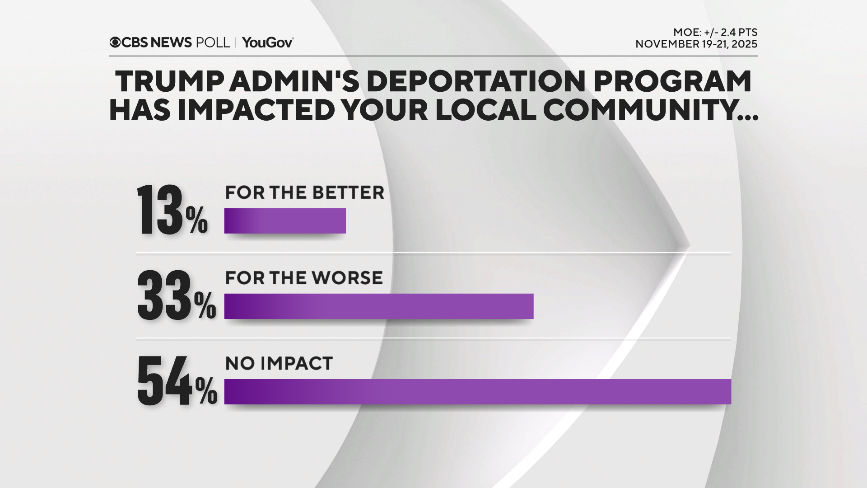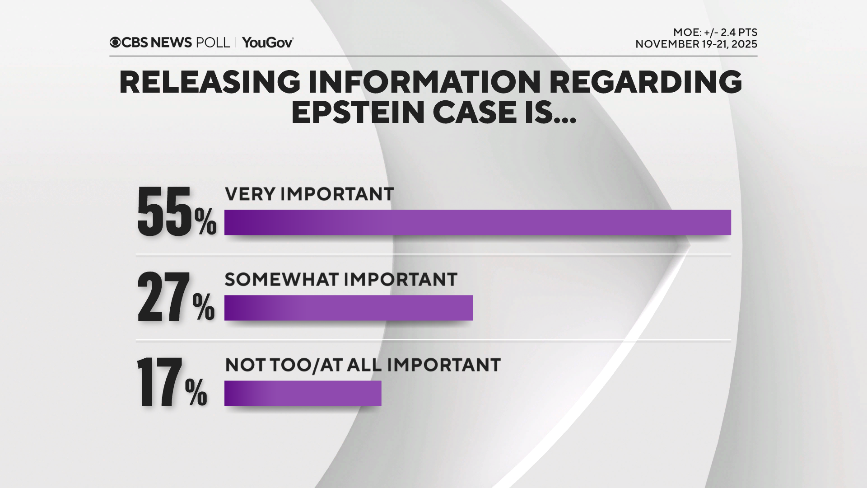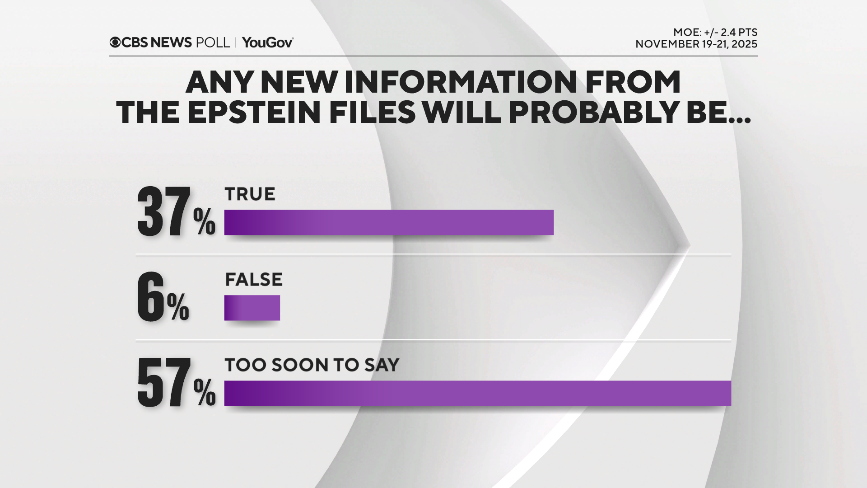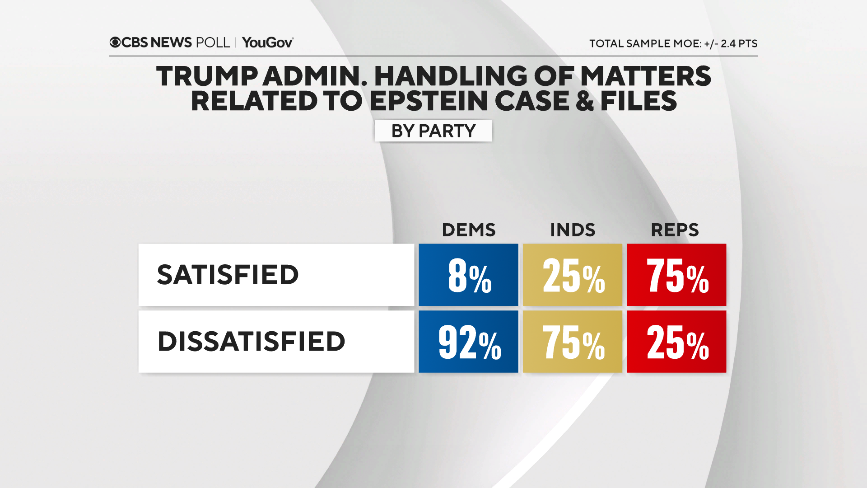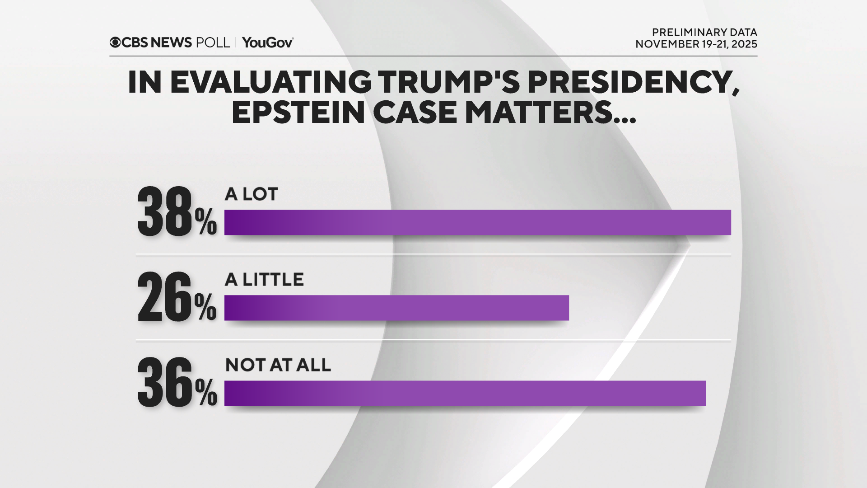The situation around Venezuela has Americans asking to know more.
Across party lines, big majorities say the administration needs to explain what the U.S. intends regarding any action, and that it has not done so clearly yet.
Meanwhile, what Americans hear from the White House about inflation is, they say, not what they’re actually feeling at home: rising prices and worsening economic views.
In the meantime, Americans do not think of Venezuela as a major threat to the US. Instead, more see a minor one, and they are largely opposed to potential military action.
So, the idea of potential U.S. military action in Venezuela meets with widespread disapproval. It doesn’t get overwhelming backing from Republicans either.
Three in four Americans also say Trump would need congressional approval before taking military action in Venezuela, including just over half of Republicans.
Just one in five Americans have heard a lot about the U.S. military buildup in the first place. That may be another expression of that sense of limited information about the purpose.
The current military attacks on boats suspected of bringing drugs find division — just over half approve, driven by nearly universal support among Republicans — though Americans overall overwhelmingly say they should see the evidence that there are drugs.
However, most Americans don’t think U.S. military action in Venezuela would change the amount of drugs coming into the U.S.
Looking more closely within the president’s GOP base: MAGA Republicans are actually more supportive of potential military action than non-MAGA ones.
For context, that is similar to what we’ve seen over time on many issues, including foreign policy, in which that part of the base is largely deferential to the president. (As one example, MAGA was also supportive of the bombing in Iran months ago.) Most of them say the president has explained things, and in turn, are more apt to see any action in Venezuela as decreasing the amount of drugs entering the U.S.
But many who are opposed to military action, including those within the GOP ranks, may also be seeing this in terms of issue priorities. They’re a little more likely to judge the administration on what it does about the economy than those in favor. And most who judge him on the economy think he isn’t spending enough time on it.
Here’s what Americans say about the economy
There’s a disconnect between how Americans hear the White House describing the economy, and what they’re feeling themselves.
Most Americans say Trump describes things with prices and inflation as better than they really are.
(This includes four in 10 Republicans who say this about Trump. They are also among those more likely to say prices are going up.)
This comes as ratings for the overall economy continue to be low — as they’ve been for years — ticking down this week to their lowest mark in 2025.
Prices, more generally, are still seen by most as going up.
As we head into the holiday season, that economic dissatisfaction includes the majority of Americans who feel President Trump’s policies are making the cost of food and groceries, specifically, go up.
So, that disconnect appears to continue to weigh on the president’s ratings.
There are many ways Americans judge a president. For those who say they judge Mr. Trump most on what he does about the economy and inflation, they overwhelmingly say he isn’t spending enough time on that.
That, in turn, has continued to push his approval on handling the economy and inflation down over the course of several months. That trend continues this week, with assessments of the overall economy, and his ratings for handling the economy and inflation, hitting lows for the year.
More than two-thirds disapprove of his handling of inflation.
He does especially poorly on handling the economy among people who mainly judge him on that.
Among independents, his ratings for handling the economy, and his ratings overall, have also hit lows for the year. That has continued to push his approval rating overall lower over time too, now down to their low point for his second term after a steady decline over recent months.
The president does a little better on his handling of immigration, backed by continued large support from the GOP base, as has been the case for months.
The decline in the president’s overall approval ratings connects to people’s economic priorities in this way: even among those who voted for him in 2024, disapproval today is more likely to come when people are judging him mostly on the economy.
Deportation
The administration’s deportation program continues to split the country, but support is underpinned by strong approval from Republicans.
Most — particularly those outside the GOP base — continue to feel that ICE is detaining more people than necessary.
But the deportation program is seen by many as more undermining than strengthening the economy.
One possible reason: a third of the country (who tend to live in cities and suburbs) say it is impacting their community for the worse, and they feel people in their area are staying home more as a result of the program.
Epstein files
Americans across party lines think it is important to see the Epstein files released.
Americans overwhelmingly believe they will contain damaging information about powerful people. Most say it’s too soon to know if what’s in them is true. On balance, though, more think that information will be true rather than false.
Republicans are more satisfied with how the Trump administration is handling the Epstein case than they were in the summer. (The survey was conducted just after Trump said Congress should vote to release the files, which they did shortly thereafter.) Today, most others are not satisfied.
However, the president’s Republican base says issues surrounding the files are not important to how they judge him. Nearly two-thirds of Republicans say this doesn’t affect how they evaluate Trump overall. (Independents and Democrats, though, give it comparably more importance in this regard.)
This CBS News/YouGov survey was conducted with a nationally representative sample of 2,489 U.S. adults interviewed between November 19-21, 2025. The sample was weighted to be representative of adults nationwide according to gender, age, race, and education, based on the U.S. Census American Community Survey and Current Population Survey, as well as 2024 presidential vote. The margin of error is ±2.4 points.
Source link


